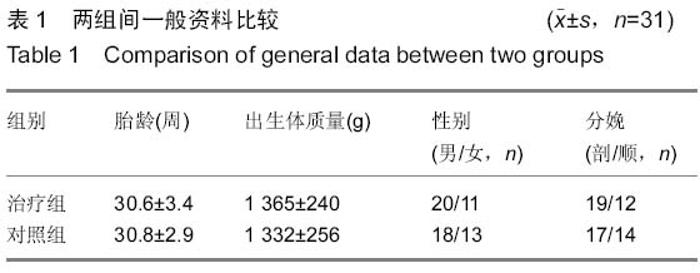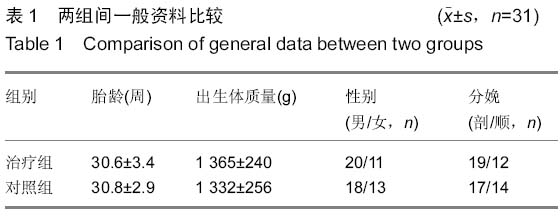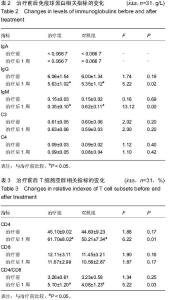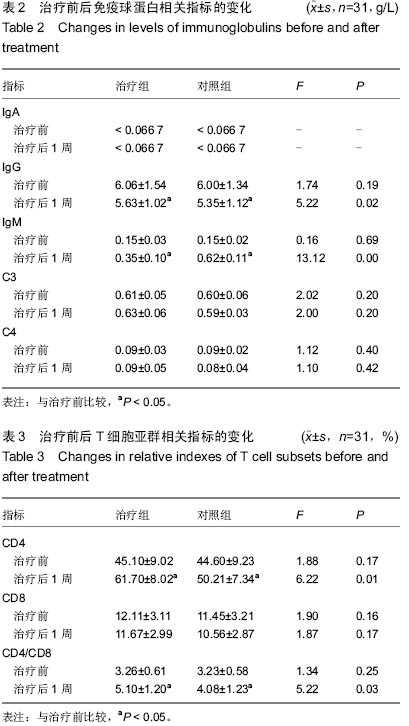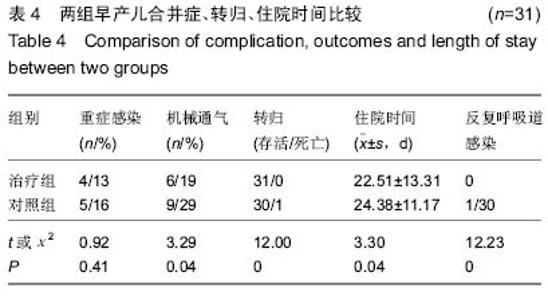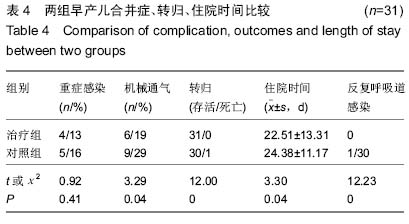| [1] Berger I, Peleg O, Ofek-Shlomai N. Inflammation and early brain injury in term and preterm infants. Isr Med Assoc J. 2012;14(5):318-323.
[2] van Rood JJ, Stevens CE, Smits J, et al. Reexposure of cord blood to noninherited maternal HLA antigens improves transplant outcome in hematological malignancies. Proc Natl Acad Sci U S A. 2009;106(47):19952-19957.
[3] 中华人民共和国国务院.医疗机构管理条例.1994-09-01.
[4] 陈慧中.儿童反复呼吸道感染判断条件及反复肺炎诊断思路[J].中国实用儿科杂志,2013,28(3):163-165.
[5] 王广宇,赵芳,朱旅云.脐血中免疫细胞的免疫学特性概述[J].医学综述,2010,16(3):343-345.
[6] Broder SM, Ponsaran RS, Goldenberg AJ. US public cord blood banking practices: recruitment, donation, and the timing of consent. Transfusion. 2013;53(3):679-687.
[7] 颜小华,余珍,刘伟,等.脐血间充质干细胞移植修复缺氧缺血损伤新生大鼠的脑功能[J].中国组织工程研究,2012,16(45):8445- 8452.
[8] Gennery AR, Cant AJ. Cord blood stem cell transplantation in primary immune deficiencies. Curr Opin Allergy Clin Immunol. 2007;7(6):528-534.
[9] 李府,马丽霞,张乐玲,等. 早产儿脐血造血干/祖细胞特点[J].实用儿科临床杂志,2010,25(3):175-176.
[10] Zaker F, Nasiri N, Oodi A, et al. Evaluation of umbilical cord blood CD34 (+) hematopoietic stem cell expansion in co-culture with bone marrow mesenchymal stem cells in the presence of TEPA. Hematology. 2013;18(1):39-45.
[11] Woll PS, Grzywacz B, Tian X, et al. Human embryonic stem cells differentiate into a homogeneous population of natural killer cells with potent in vivo antitumor activity. Blood. 2009; 113(24):6094-6101.
[12] Naderi N, Pourfathollah AA, Alimoghaddam K, et al. Cord blood dendritic cells prevent the differentiation of naïve T-helper cells towards Th1 irrespective of their subtype. Clin Exp Med. 2009;9(1):29-36.
[13] Wedgwood JF, Weinberger BI, Hatam L, et al. Umbilical cord blood lacks circulating B lymphocytes expressing surface IgG or IgA. Clin Immunol Immunopathol. 1997;84(3):276-282. |
